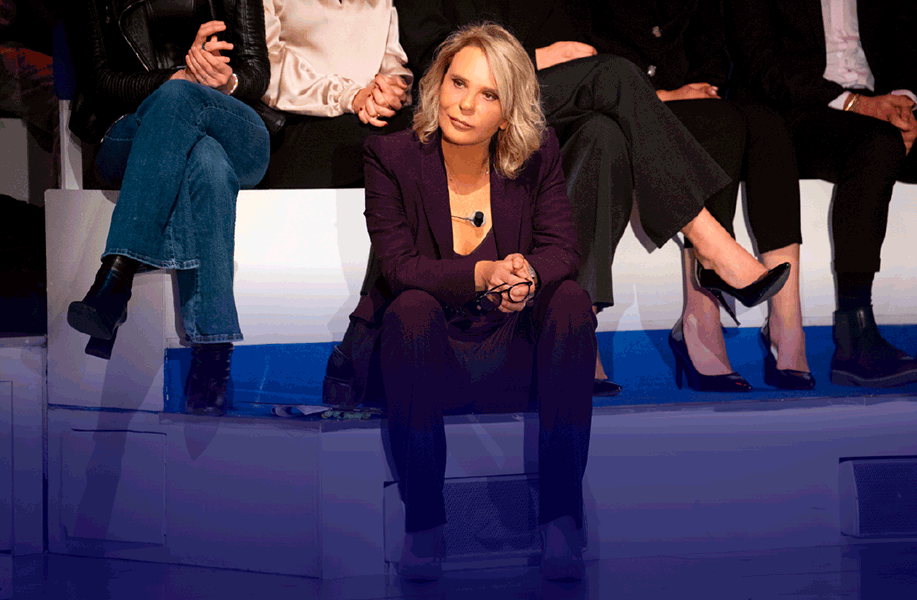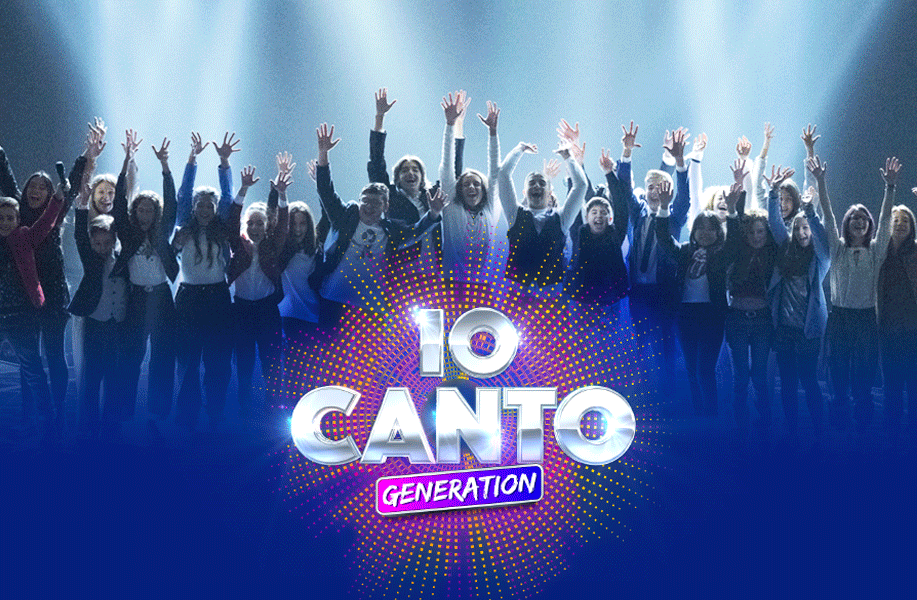In the evolving landscape of digital culture, the intersection of artificial intelligence (AI) and content creation is reshaping how we interact with media and technology. Adam Cunningham, Chief Strategy Officer at Allied Global Marketing, shared provocative insights during the panel What Happens Next: The New Content Economy at Content London (Kings Place, 2-5 December, 2024). His observations paint a picture of a future where AI influences not just content but the very fabric of culture, social interaction, and commerce.
The Flattening of Culture
Cunningham highlights a phenomenon he calls "algorithmic cultural flattening," where digital platforms streamline aesthetics and trends into homogenized norms. Instagram, for instance, has standardized beauty standards to such an extent that even plastic surgery trends reflect this commoditized look. Similarly, Airbnb has uniformized interior design aesthetics, making spaces worldwide eerily similar.
This flattening extends to tourism, where social media algorithms guide travelers to the same destinations and photo spots, stripping experiences of individuality. “Why do all coffee shops look the same?” Cunningham quips, pointing out the dominance of white subway tiles and filament bulbs—hallmarks of algorithm-driven design trends.
The Era of AI Slop
Adding fuel to this cultural uniformity is the rise of what Cunningham dubs “AI slop.” This refers to low-quality, mass-generated AI content that floods digital platforms. By 2025, AI is projected to generate 25–30% of social media content. This influx of synthetic material poses significant challenges for media literacy, making it increasingly difficult for users to discern genuine content from AI fabrications.
Platforms like Pinterest are already suffering. “Have you tried looking for home design ideas lately?” Cunningham asks. “Most of it is fake.” This deluge of AI-generated content undermines trust and authenticity in digital spaces.
Synthetic Social Media and the Cozy Web
The rise of synthetic media is altering the nature of social platforms. AI influencers—entirely fabricated personas—are now generating revenue while populating newsfeeds with synthetic interactions. Meta’s Llama model is taking this further, introducing AI-driven conversations between influencers and fans.
However, as public social media spaces grow less authentic, a countertrend is emerging: the cozy web. This refers to private, ad-free, and community-oriented digital spaces like Discord and Blue Sky. These segmented platforms cater to users seeking genuine, personalized interactions, signaling a shift from public squares to private living rooms in the digital sphere.
From Creator to Curator Economy
Cunningham predicts that by 2025, the content ecosystem will pivot from a creator economy to a curator economy. As AI slop and content fatigue grow, professional curators—trusted individuals or entities—will become essential for filtering, authenticating, and recommending high-quality content.
Platforms like Substack already exemplify this trend, offering curated newsletters that cut through the noise. This shift underscores a growing demand for human judgment and authenticity in a digital environment increasingly dominated by AI.
The End of the Visual Web
AI is also reshaping how we discover and consume content. Tools like OpenAI’s GPT models enable zero-click searches, providing answers without directing users to external websites. While convenient, this threatens traditional web traffic and business models. “What happens to Expedia,” Cunningham asks, “when AI books your vacation based on past preferences without you ever visiting their site?”
This evolution points to the end of the visual web as we know it. Augmented Reality (AR) and ambient AI—technology that anticipates user needs without prompts—are ushering in a post-mobile era. Wearables like Ray-Ban Meta glasses integrate AI into daily life, seamlessly blending digital insights with real-world experiences.
Implications for Media and Entertainment
The entertainment industry is already feeling the impact of AI. From analyzing audience preferences to predicting content success, AI is becoming a critical tool for producers and creators. Innovations like real-time emotion tracking during film screenings could even allow for dynamic adjustments to content as it’s consumed.
However, these advancements also challenge traditional roles. “Specialized AI will be the cornerstone of competitive advantage,” Cunningham emphasizes, urging professionals across industries to adapt or risk obsolescence.
A Call for Media Literacy and Adaptation
Cunningham’s insights reveal a world on the cusp of profound transformation. While AI offers unprecedented opportunities for personalization and efficiency, it also threatens authenticity and trust. The rise of synthetic media demands a renewed focus on media literacy and ethical content curation.
As we navigate this new frontier, one thing is clear: in the battle against AI slop and cultural flattening, human judgment and creativity will remain our most valuable assets.


_12248.png)










